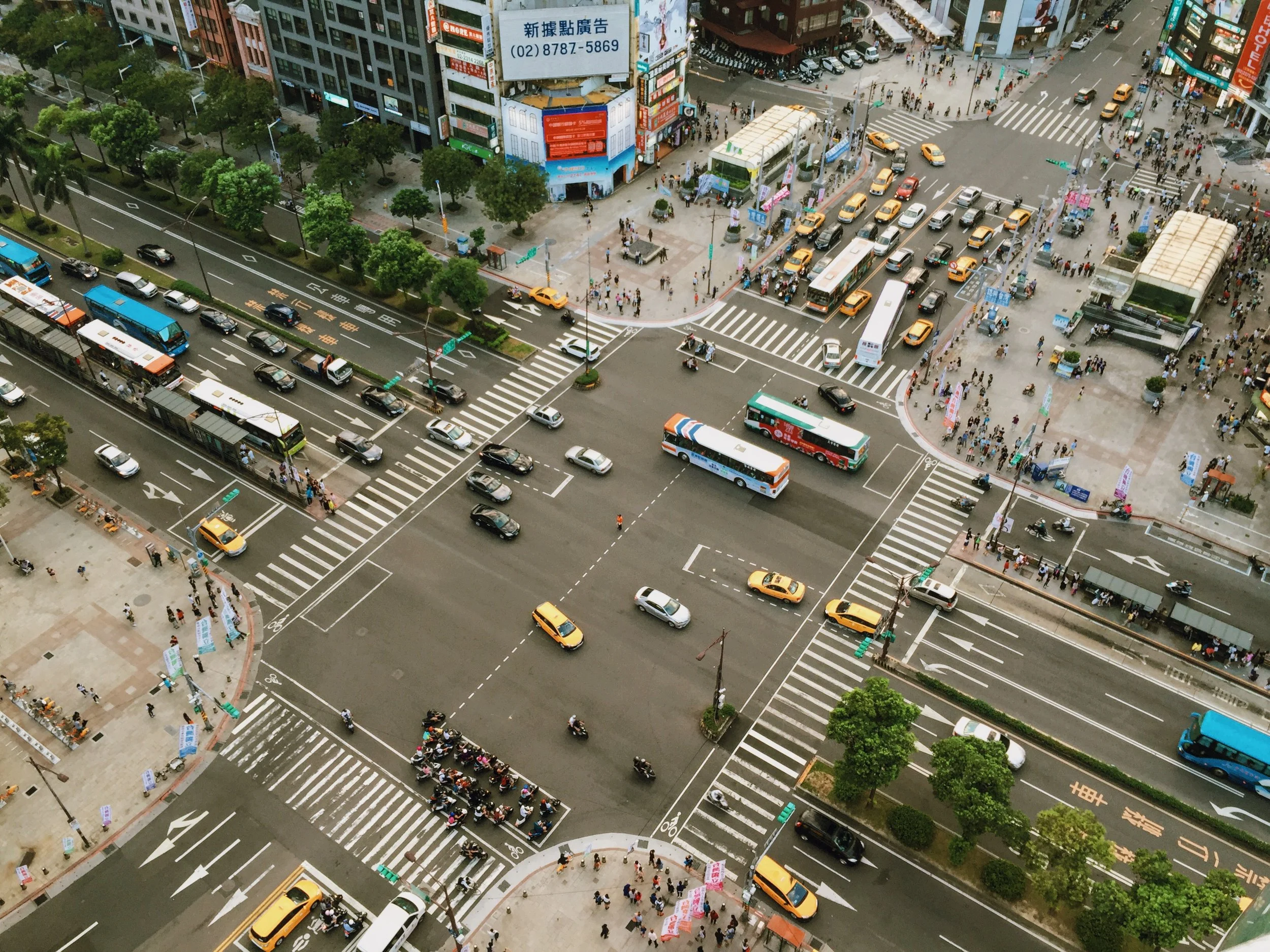As urbanization continues to accelerate in many developing countries, the development of efficient, cost-effective, public transportation systems will be critical to the sustainable growth of emerging cities. This article highlights some of the key principles and lessons learned from Singapore’s transit-oriented development strategy and assesses how these principles may be considered and applied in emerging cities within the developing world.
Read MoreWhile assistive technologies have proliferated, researchers and developers have yet to develop sufficient standards for assessing these technologies’ and socio-urban implications. This article reviews uni-disciplinary attempts made thus far and provides four principles for moving forward.
Read MoreIn response to persistent health challenges, start-ups are leveraging technology with the aim of providing higher quality and more widely available healthcare in India’s cities.
Read MoreDistributed, renewable electricity options are providing new opportunities to address lacking electricity access in many developing countries. Local groups – or intermediaries – provide necessary knowledge, key social connections, and ownership models to facilitate solar access in hard-to-reach places.
Read MoreThis October’s inaugural U20 Summit offers cities the opportunity to raise the profile of urban policy issues just in advance of the G20. For the U20 to be successful, city leaders must be intentional about finding policy solutions that span scales and levels of government, include a dedicated urban focus, coordinate among cities globally on key issues, and remain context-specific.
Read MoreSmall-scale interventions with strong urban vision have the potential to transform obsolete spaces into active destinations. George Town, the UNESCO-recognized historic core in Penang, Malaysia, could transform its inner-block voids, making them part of a lively urban system.
Read MoreMaimunah Mohd Sharif, the first Asian woman to serve as Executive Director of the United Nations Human Settlements Programme (UN Habitat), sat down with Gus Greenstein to discuss her work and her views on urban planning.
Read MoreOn 15 May 2018, Ms. Mainmunah Mohd Sharif, the first Asian woman to serve as Executive Director of the United Nations Human Settlements Program, engaged in a roundtable discussion with students, faculty, and practitioners at the University of Oxford. She emphasized the value of inclusivity and interdisciplinary collaboration in urban planning.
Read MoreOn Tuesday 29 May 2018, the Oxford Urbanists and Cities that Work, an initiative of the International Growth Centre, hosted a panel event titled “Can Special Economic Zones (SEZs) Drive Growth in Developing Cities?” to discuss evidence for improved policy.
Read MoreDiego Sánchez Ancochea, Associate Professor of the Political Economy of Latin America at the University of Oxford, sat down with Luciano Mateo Rodriguez Carrington to discuss challenges for social policy and cities in Latin America.
Read MoreSingapore is a resource-poor city-state with one of the highest population densities in the world. Yet it has turned its challenges into strengths and increasingly branded itself as a global hub of expertise and ‘best practices’ for urban development. How might we understand the processes driving Singapore’s burgeoning influence on international city development? What are some challenges that come with this influence?
Read MoreIn this essay, Christoph Lindner explores various kinds of spectral living in an era of postindustrial ruin – from London’s abandoned mansions to Mumbai’s ghost skyscrapers.
Read MoreThe ‘smart city’ concept is no paradigm shift. But with the potential for real-time data to both transform governance and perpetuate social inequalities, the technology-centred projects associated with it warrant critical examination.
Read MoreSai Villafuerte speaks to Mexican photographer, Arturo Soto, about his debut photobook In the Heat and what it means to negotiate our place in a city.
Read MoreLuciano Mateo Rodriguez Carrington chats with Dr. Andreza de Souza Santos from the University of Oxford's Centre on Migration, Policy, and Society on the importance of collaboration in addressing urban migration issues in Brazil.
Read MoreIn Vancouver, Canada, a non-profit organisation called frida&frank aims to empower citizens to be placemakers by helping them imagine new roles for the city’s public spaces: rainy-day oases.
Read MoreIn the Global South, informal transport systems are digitising and becoming more integrated with rapidly growing formal systems. In the North, cities are expanding microtransit in an effort to scale back inefficient formal systems. We may be witnessing a convergence of North and South models of urban mobility.
Read MoreInnovations like solar energy, drone-delivered medical supplies, and cashless bus routes promise to improve quality of life in Rwanda.
Read MoreOn 15 November 2017, the Oxford Urbanists and the International Growth Centre’s (IGC) Cities that Work initiative co-hosted a panel discussion on the ‘Future of Informal Transport in Rapidly Growing Cities’ to discuss evidence for improved policy.
Read MoreA discussion between Sir Paul Collier, Dr. Tim Schwanen, and Dr. Clemence Cavoli focused on informal transport systems: their strengths and weaknesses, their role in optimal city design, and pertinent government regulation.
Read More

















